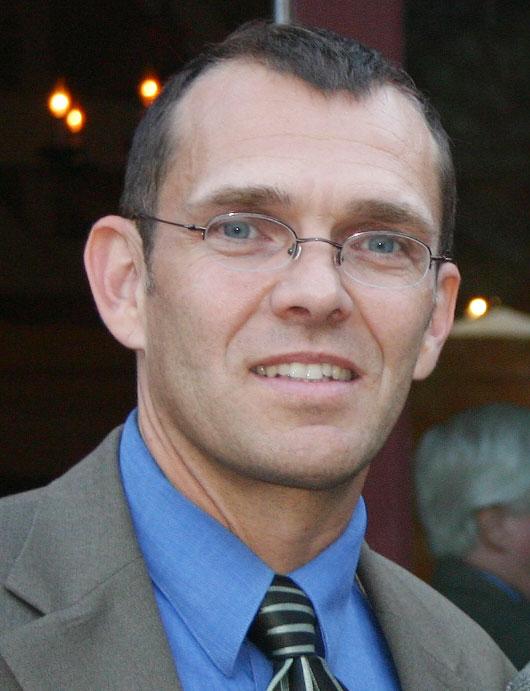Mark Murray, executive director of Californians Against Waste, offers his insight into the plastics industry. For more from Murray, check out “The Plastic of the Future” in our June issue. Sign up for our newsletter and we’ll email you when it’s available online.
What’s the biggest change in efforts to curb plastic waste and encourage recycling in the past year?
No. 1, California’s implementation of the nation’s first statewide plastic grocery bag ban has succeeded in eliminating literally tens of billions of single-use plastic bags, and demonstrated to millions of California consumers that we can take collective action to meaningfully reduce plastic packaging waste. Several recent data points underscore this success:
- Just five years ago, California grocery stores were distributing more than 13 billion single-use plastic grocery bags annually.
- Last year, with the increase in reusable bags, just 12 percent of California grocery shoppers needed to have a bag sold/provided to them.
- Plastic bag litter on California beaches has been reduced by 73 percent.
- The total volume of plastic bags generated in the state has been reduced by 115 million pounds annually.
What do you foresee as the biggest change on the horizon in the year to come?
While some plastic packaging — specifically plastic bottles with a No. 1 (PET), or No. 2 (HDPE) — have begun to demonstrate cost-effective and sustainable recycling potential, most all other plastic packaging has no end-use market and zero potential for recycling.
For example, polystyrene (styrofoam) fast food packaging has demonstrated little recycling potential, and is significant contributor to litter and ocean pollution as it breaks into tiny beads that never biodegrade.
For recycling of any plastic to succeed, the manufacturers are going to have to make real investments to both offset the cost of collection at curbside, and to ensure end-use markets for materials collected. Policymakers can help, by passing legislation requiring manufacturers to buy back and incorporate recycled material in their plastic products and packaging.
Senate Bill 168 by Sen. Bob Wieckowski proposes to do just that for all plastic beverage containers. SB 168 has passed the State Senate, and is currently pending in the State Assembly for consideration this spring.
Got something to add? Let us know in the comments, on social media, or email us at editorial@comstocksmag.com



